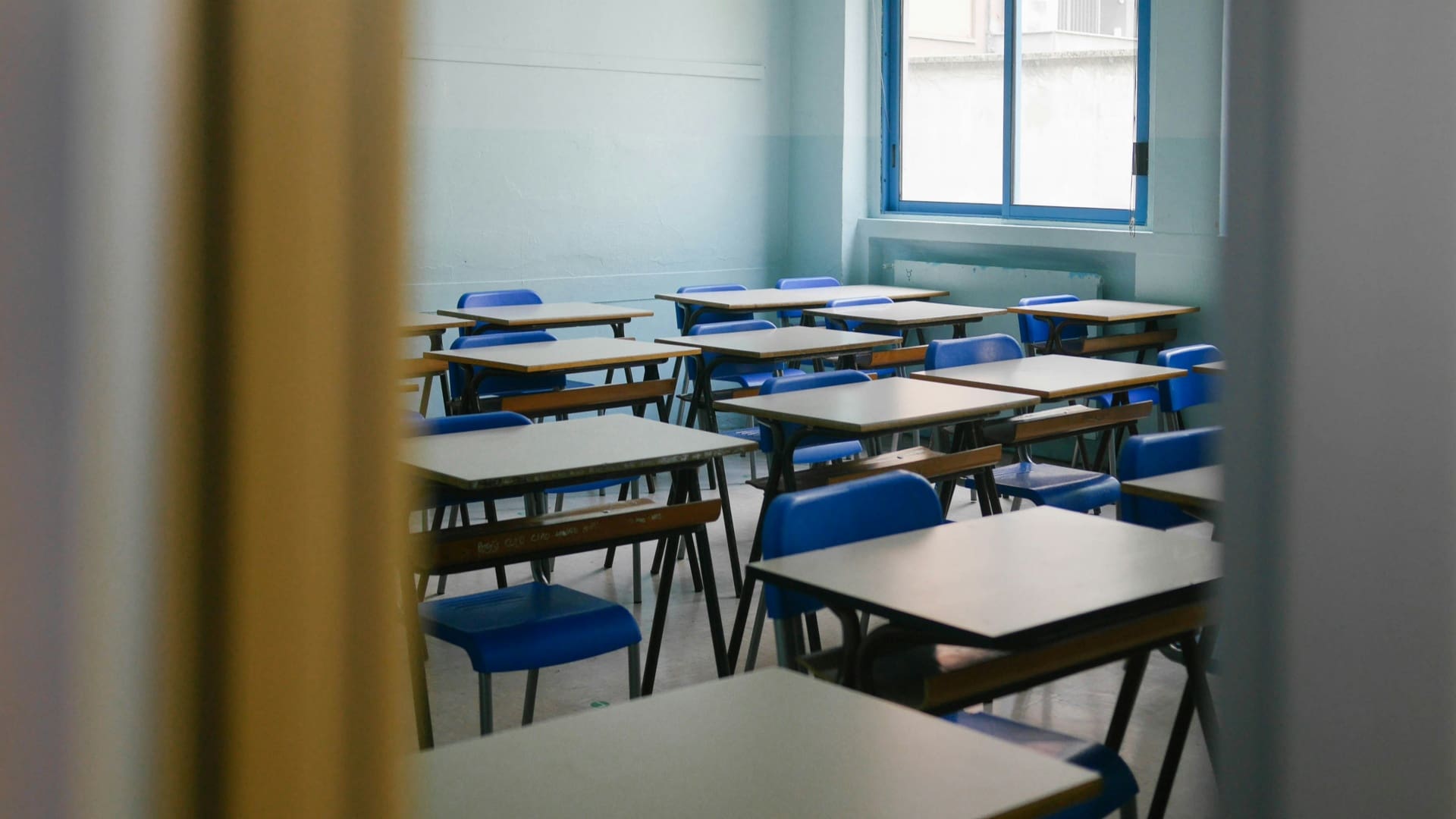- The Department of Basic Education (DBE) has briefed the National Council of Provinces (NCOP) on how funding it needs to address critical infrastructure at South African schools.
- It estimates that $129 billion is required to address a backlog of issues.
- The DBE says it will continue to engage with stakeholders in order to secure necessary funding.
Minister of Finance, Enoch Godongwana, delivered his 2025 Budget Speech yesterday, with the VAT increase being the biggest talking point. Now the scramble is on for all government departments to get their annual spending plans in order, but for the Department of Basic Education (DBE), additional funding is required in order to address critical infrastructure at SA schools.
The DBE wrote to the National Council of Provinces (NCOP) outlining how much is needed to do so, with the department estimating as much as R129 billion in order to address an infrastructure backlog that is impacting schools across the country.
“The backlog includes the eradication of unsafe pit latrines, the replacement of mud schools and unsafe structures, and the provision of essential infrastructure such as desks, proper sanitation, classrooms, and fencing to ensure that all learners have a safe and conducive learning environment,” government explained in a press release.
“Far too many learners still face daily risks to their health and safety because of inadequate school infrastructure. No child should have to use a dilapidated or dangerous toilet, sit on the floor without a desk, or study in a crumbling school building that poses a threat to their well-being,” added Minister of Basic Education, Siviwe Gwarube.
While there is clearly a dire need to address critical infrastructure concerns at SA schools, right now it looks as if the government is prioritising the payment of teachers and subsidies for children at the moment.
“Our learner-teacher ratios remain higher than we would like, meaning that we still need more teachers in classrooms. To prevent compensation of employees from crowding out other equally important areas of spending, R19.1 billion is added over the medium term to keep approximately 11 000 teachers in classrooms,” Godongwana outlined in his speech.
“The foundation to building the next generation of citizens who contribute economically and socially to this great nation is early childhood development. Despite this, the subsidy for ECD has not increased from the 2019 level of R17 per day, per child. To remedy this, an additional R10 billion over the medium term is allocated to increase the subsidy to R24 per day per child. The extra funding will also support increased access to ECD for approximately 700 000 more children, up to the age of four years old,” he added.
As for where the necessary funding will come from, the DBE says it will work with the National Treasury, provincial governments, the private sector, and development partners. Whether these parties can come together quickly enough to address the significant backlog before there is a critical infrastructure failure, remains to be seen.
“The DBE will continue to engage with stakeholders to explore funding solutions that will allow the Department to meet its mandate and ensure that every child in South Africa learns in a safe, well-equipped, and dignified school environment,” it concluded.
[Image – Photo by Guila Squillace on Unsplash]

